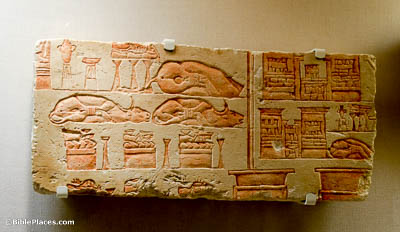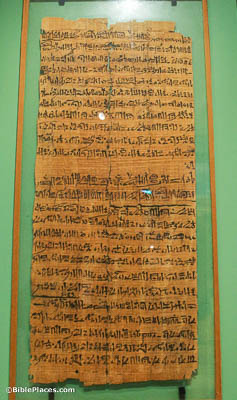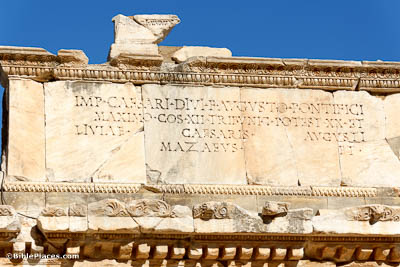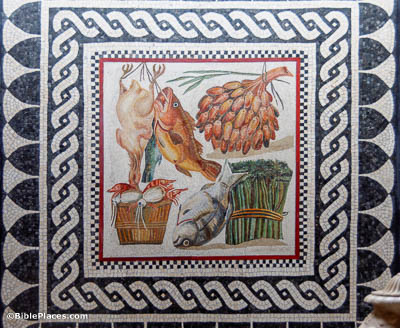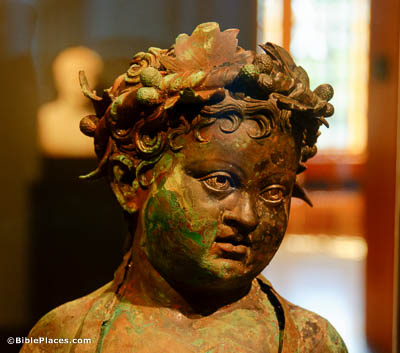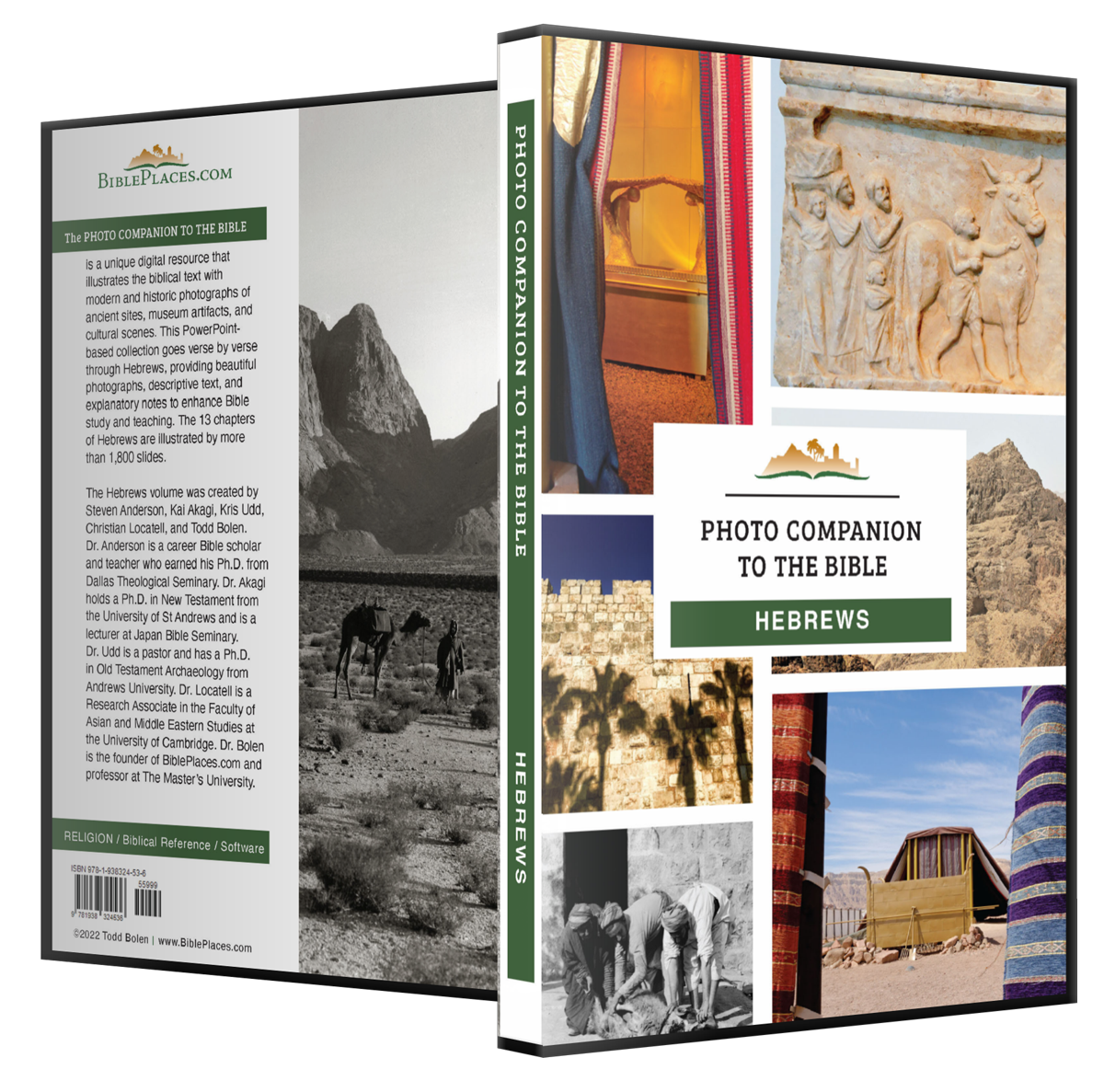For every high priest taken from among men is appointed on behalf of men, that he may offer both gifts and sacrifices for sins (Hebrews 5:1).
While Hebrews later focuses specifically on sacrifices, in 5:1, the book mentions both offerings and sacrifices when describing the service of a high priest. A variety of sacrifices and offerings were prescribed in the Mosaic Law, and various other cultures also made offerings of various kinds to their gods. This relief, which comes from Heliopolis in Egypt, depicts animal sacrifices as well as offerings of wine, oil, breads, and cakes.
